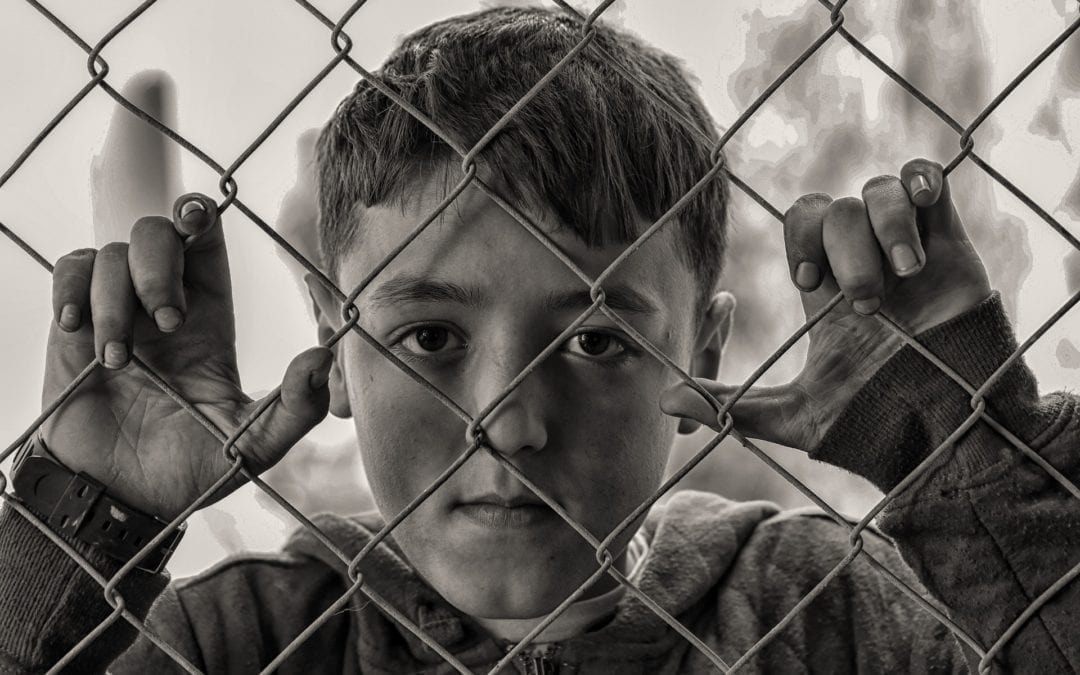When a child is not properly cared for, loved, mirrored, and attuned to, the child will feel abandoned regardless of whether the parents are there physically or not. A child in this situation will not be able to blame his or her parents. The child learns to take responsibility for their parents neglect and translates it into an indication that they are at fault for their parent(s) not being there.The repercussions of misplaced self blaming can be too difficult to cope with. Emotional abandonment is very insidious as there is no way to track the source of the pain and assess the wound outside of the child’s feelings of rejection, invalidation and abandonment. Unfortunately, many parents are simply unaware of the effect they have on their child.
An abandonment wound creates a lack of security that can stunt a child’s ability to build a healthy sense of self. As a result, insecurity in one’s own worth and agency arises. Insecure attachment to mother and father figures hinders for the child to properly navigate through the perilous waters of early childhood development. The child will start to feel shame for the pain they are experiencing. The shameful feelings manifest as issues with inadequacy which the child will struggle to combat. These feelings of low self-worth plague the child leaving them feeling alone and “wrong.” The feelings of shame, guilt, and isolation leave them feeling like an outcast as no one can seemingly relate to his struggle and force them into a very defensive position .
Defenses such as shutting down emotionally, cutting off feelings, and in some extreme cases, disassociating entirely, are all designed to shield against shame and guilt. Those feelings ruminate in the child reminding them that they are bad, ugly, flawed, weak and always wrong. Narcissistic defenses are employed as a way of deflecting shame and are commonly projected onto other people, forcing others to carry their shame. A narcissistically injured person will develop elaborate ways of dealing with their inner pain and deep sense of loss by coercing others into becoming shame bearers. The multitudinous, manipulative methods of narcissistic abusers are ways of removing accountability for their pain and any action that could be taken to resolve those feelings. In addition, the child, having been victimized their entire life, will see becoming a perpetrator as a way out. This would be summarized by the popular saying “If you can’t beat them, join them.”
Healing from being narcissistically injured is not an easy journey but it is a journey worth taking. As the person wounded by narcissistic parents uncovers the hurt and experiences they were forced to endure, it is vital to work through the different feelings and wounds that are still being experienced in adulthood. By first confronting the wounds of childhood that were endured and working through the pain, the sufferer will be able to relieve themselves of the burden of bearing the shame of the parent who was not there for them. By seeing the parent as suffering from their own traumas, as having a disease, victims can shift out of a victim mindset and instead, adopt a survivor and thriver mindset.
While the past is in the past, if victims don’t uncover the dynamics that led to the wounds, they will be stuck in a never-ending cycle of confusion, just trying to get validation from others. This sets them up to seek out relationships with narcissistic people who will perpetuate the pattern. Recovery includes healing the wounds of childhood and filling the deep hole in the soul that leaves victims feeling empty and estranged. It is identifying beliefs that were blindly created in order to make sense of the pain such as “I am unlovable”, “I am unworthy”, or “I am an embarrassment” etc. It is reconnecting with the inner child and giving oneself the much-deserved love they never received.
As recoverers revive their true and authentic selves, they are empowered with the realization that no one is responsible for healing but themselves. Once this is acknowledged, they can build a more healthy, sustainable life. While one may be a victim of their past, there is always an opportunity to Be The Cause (R) of a better future.

